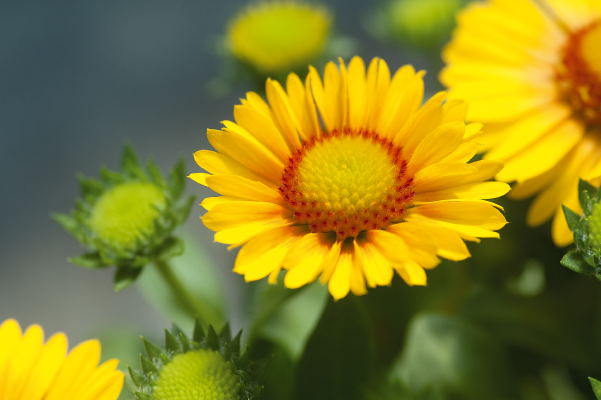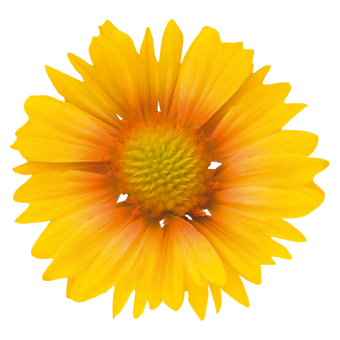

Arizona Apricot
Item no.: GA0101C- FastraX perennial: First year flowering without vernalization
- Well-branched and uniform plant habit
- Long flowering period
- Thrives under a wide range of climatic conditions
- Attracts bees and other pollinators
- Crop Time
- Spring: 17 - 22 weeks
- Height ∅
- 12 ″ / 30 cm
- Exposure
- Sun
- Seed Form
- BeGreen Coating
- Heat Zone
- 12-1
- Hardiness Zone
- 3-9
- Best Uses
- Bedding, Landscape
Culture guide
Usage
Pots, combination planters and landscae plantings
Sow time
January – February
Sowing method
1-3 seeds per plug
Germination
10-14 days at minimum 60 °F (15 °C). Cover the seeds with soil.
Growing on
Transplant plugs after 5-7 weeks. Maintain temperatures of 55-65 °F (13-18 °C). Fertilize at 150-200 ppm nitrate nitrogen.
Media
Use a well-drained, growing substrate with 15-30 % clay, 0-15 % parts (e.g. bark, perlite, sand), 1-3 kg/m³ complete balanced fertilizer, 0-3 kg/m³ slow release fertilizer (3-9 months), iron-chelate, micronutrients, pH 5.5-5.8.
Temperature
Grow at 12-20 °C or outdoors. In winter indoors frost free at 3-5 °C or outdoors. Outdoor fleece cover needed. For wintering the root development in pots should be very good and the plants should be have 16 leaves. In spring the plants start to grow for 7-8 weeks at 18-20 °C during daytime and at 16-18 °C during night. Cold temperatures at 12-15 °C will increase the cultivation time, but the plant shape is more compact.
Fertilization
High fertilization levels are required. Fertilize the crop weekly with 130-150 ppm nitrogen (at 3 kg/m³ slow release fertilizer in substrate), using a complete balanced fertilizer.
Stage I Starts with the radicle breaking through the testa. The roots are touching the medium. Ends with fully developed cotyledons.
Stage II Starts from fully developed cotyledons. Ends with the fully developed true leaf or true leaf pair.
Stage III Starts from the fully developed true leaf or true leaf pair and ends with 80% of the young plants being marketable.
Stage IV All young plants are ready for sale and in the process of being hardened off. This stage lasts about 7 days.
The cultural recommendations are based on results from trials conducted under Central European conditions. Different conditions in other parts of the world may lead to deviations in results achieved.





